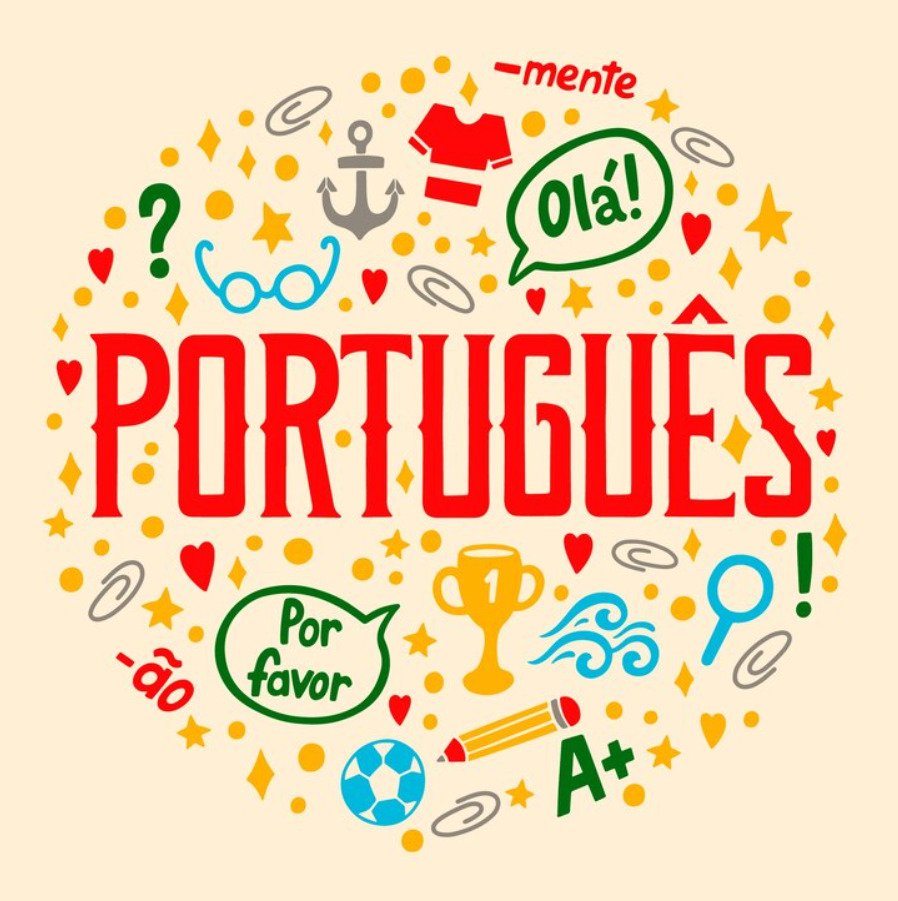Table of Contents
ToggleIn 2026, long weekends in Portugal promise an exciting year for both locals and travelers, with a calendar rich in opportunities for rest, exploration, and cultural discovery. These extended weekends are perfect for exploring Portugal’s vibrant diversity from the golden beaches of the Algarve and the rolling vineyards of the Douro Valley, to the charming streets of Lisbon and Porto.
With several public holidays falling near weekends, 2026 offers the ideal chance to plan getaways, embrace Portugal’s festive traditions, and savor its world renowned cuisine. Whether you’re drawn to history, nature, or gastronomy, these long weekends will give you the time to unwind, celebrate, and create unforgettable memories across this captivating European nation.
Day Off App is a vacation tracker that helps teams manage time off efficiently—it can even import Portugal’s long weekends directly from Google Calendar for easy planning.
Long Weekends in Portugal (2026)
-
New Year’s Day – January 1 (Thursday)
-
Good Friday – April 3 (Friday)
-
Liberation Day – April 25 (Saturday)
-
Corpus Christi – June 4 (Thursday)
-
Portugal National Day – June 10 (Wednesday)
-
Assumption Day – August 15 (Saturday)
-
All Saints’ Day – November 1 (Sunday)
-
Immaculate Conception – December 8 (Tuesday)
-
Christmas Day – December 25 (Friday)
Long Weekends in Detail
New Year’s Day – January 1 (Thursday)
Long weekend: January 1–4 (Thursday–Sunday)
Known as “Dia de Ano Novo,” the New Year in Portugal is celebrated with fireworks, late night festivities, and traditional family dinners. People exchange warm wishes and enjoy a fresh start filled with optimism and hope. The extended weekend offers time to rest, travel, or reflect on new beginnings.
Good Friday – April 3 (Friday)
Long weekend: April 3–5 (Friday–Sunday)
Known as “Sexta-feira Santa,” Good Friday commemorates the crucifixion of Jesus Christ. Across Portugal, processions and church services take place, especially in Braga and Óbidos. Families gather for meals featuring bacalhau (salted codfish) and folar (sweet bread), blending spiritual reflection with culinary tradition.
Liberation Day – April 25 (Saturday)
Long weekend: April 25–27 (Saturday–Monday, with optional day off)
Known as “Dia da Liberdade,” Liberation Day marks the 1974 Carnation Revolution, which ended decades of dictatorship and restored democracy. Red carnations symbolize this peaceful uprising. Parades, concerts, and cultural events across Lisbon and other cities celebrate freedom and unity.
Corpus Christi – June 4 (Thursday)
Long weekend: June 4–7 (Thursday–Sunday)
A deeply spiritual and cultural holiday, Corpus Christi is celebrated with ornate processions and flower-carpeted streets, particularly in towns like Tomar and Ponte de Lima. This event unites faith and artistry, making it one of Portugal’s most picturesque celebrations. Many people take Friday off to enjoy a long four day break.
Portugal National Day – June 10 (Wednesday)
Long weekend (optional): June 7–10 or June 10–12
Known as “Dia de Portugal,” this holiday honors Luís de Camões, the national poet, and celebrates Portuguese identity, history, and culture. Official ceremonies and fireworks mark the occasion. Many take an additional day off to extend the celebration into a mini vacation.
Assumption Day – August 15 (Saturday)
Long weekend: August 15–17 (Saturday–Monday, if taking a day off)
Known as “Dia da Assunção,” this holiday honors the Virgin Mary’s assumption into heaven. Religious services, processions, and family gatherings are held across the country. Falling in the height of summer, it’s also a popular time for beach trips and village festivals.
All Saints’ Day – November 1 (Sunday)
Long weekend: October 31–November 2 (Saturday–Monday, if taking a day off)
Known as “Dia de Todos os Santos,” this day honors saints and loved ones who have passed away. Families visit cemeteries, decorating graves with flowers and candles, creating moving scenes of remembrance and unity throughout Portugal.
Immaculate Conception – December 8 (Tuesday)
Long weekend: December 6–8 (Sunday–Tuesday)
Known as “Imaculada Conceição,” this Marian holiday celebrates the Virgin Mary’s purity. It’s observed nationwide with religious ceremonies and local festivities. For many, it’s also the unofficial start of the Christmas season, marked by markets and festive lights.
Christmas Day – December 25 (Friday)
Long weekend: December 25–28 (Friday–Monday)
“Natal” in Portugal is a warm, family-centered celebration. On Christmas Eve, families share bacalhau, broas de mel (honey cakes), and attend Midnight Mass (Missa do Galo). Christmas Day is spent relaxing, exchanging gifts, and enjoying desserts like bolo-rei. With the weekend following, it’s one of the most joyful and extended breaks of the year.
Conclusion
Portugal’s 2026 long weekends offer the perfect mix of cultural exploration, rest, and celebration. With thoughtfully placed holidays throughout the year, it’s easy to plan mini getaways or savor quiet days with loved ones. From the spirit of Dia da Liberdade to the festive lights of Natal, each holiday reflects Portugal’s rich heritage, warm traditions, and love of life making 2026 a year full of travel, reflection, and unforgettable experiences.
